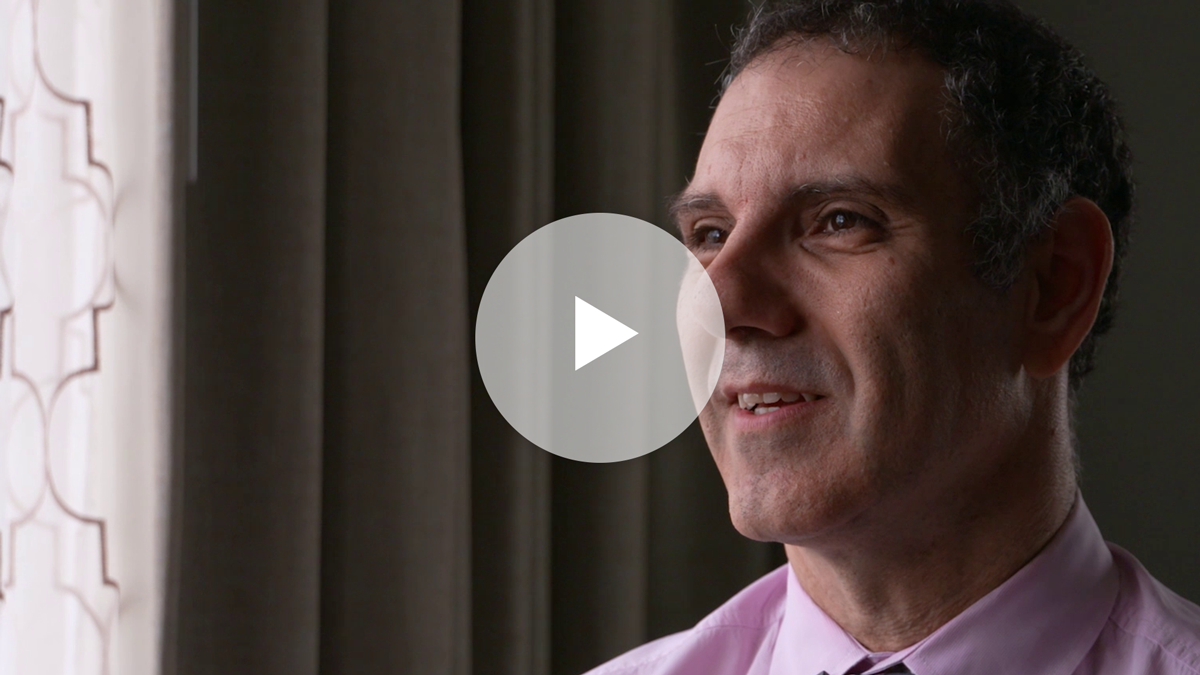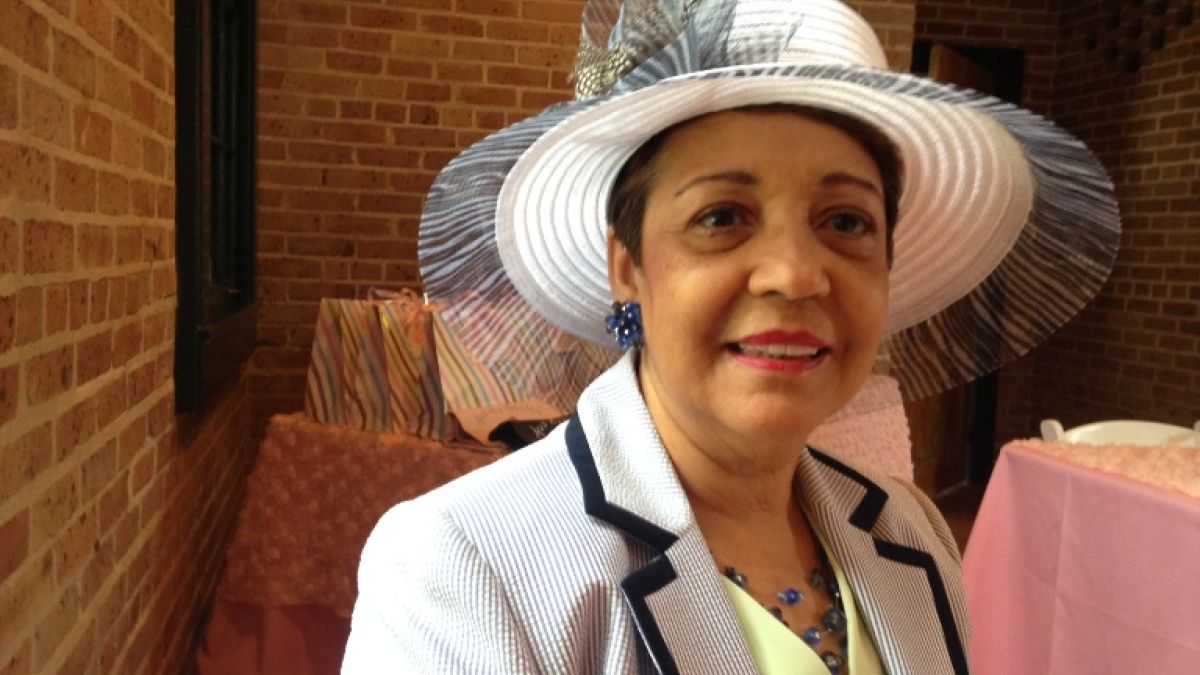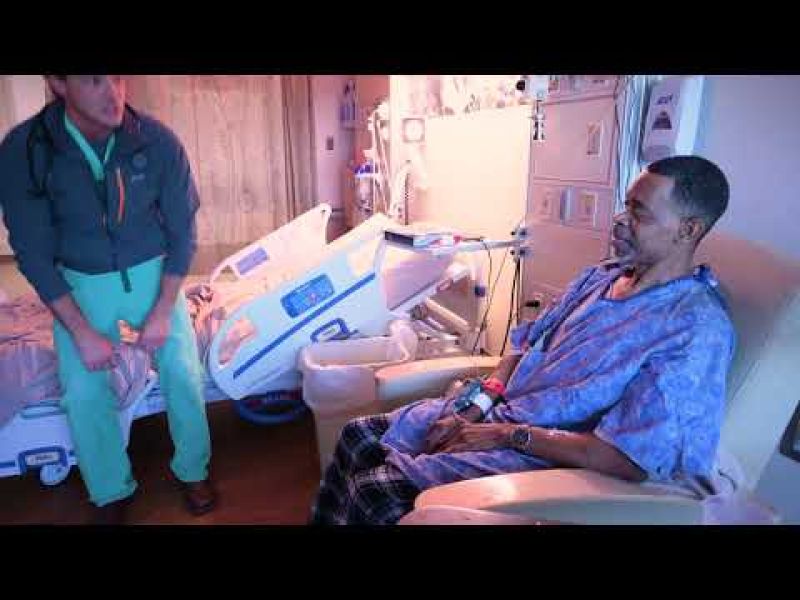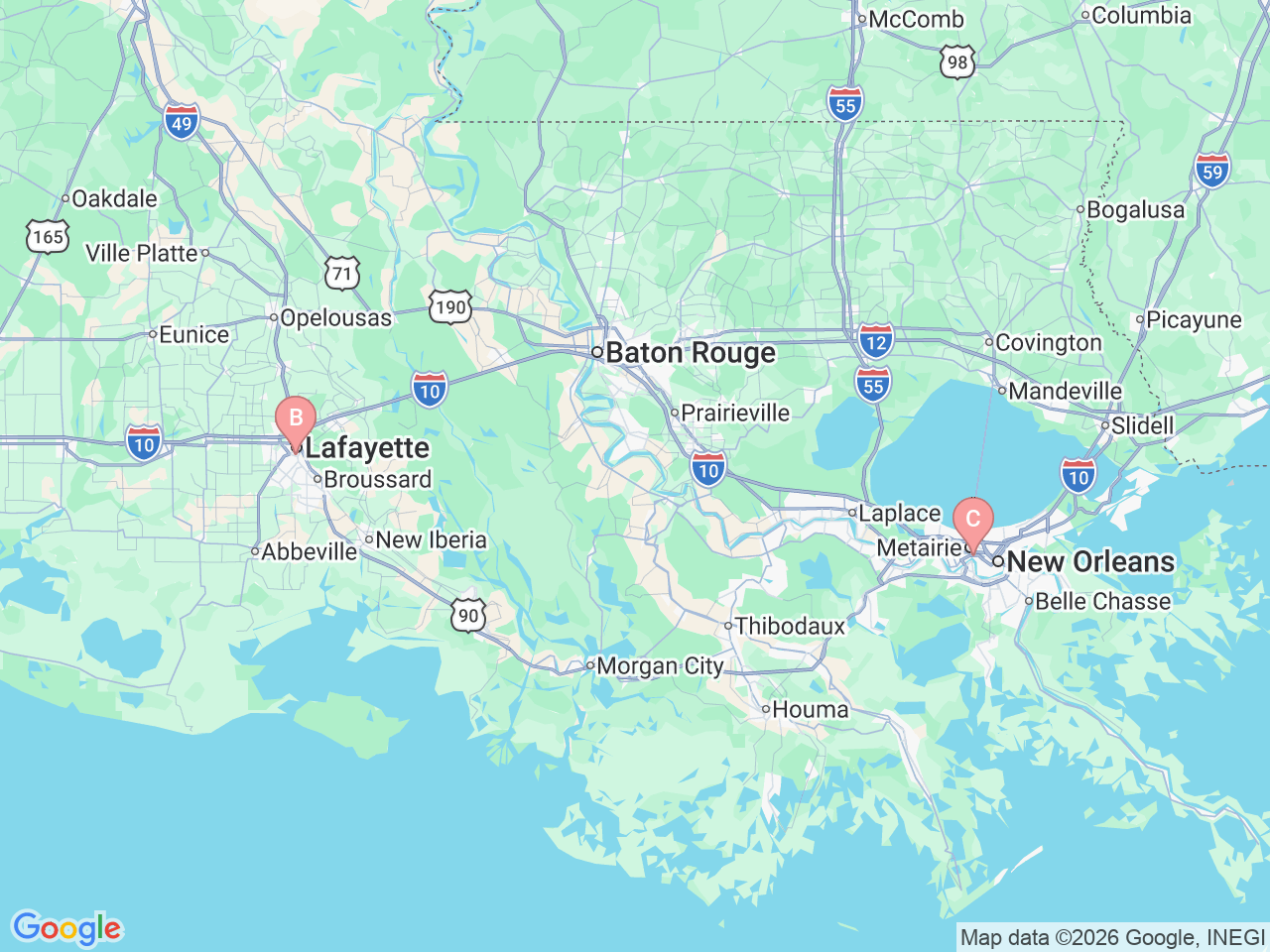Why choose Ochsner Health for your heart transplant care?
Ochsner Health delivers world-class heart care through its nationally recognized heart transplant program in New Orleans, Louisiana. For patients outside the New Orleans area, Ochsner provides presurgical and postsurgical care at heart transplant outreach clinics in Baton Rouge, Covington, Kenner and St. Tammany, Louisiana. Since performing Louisiana’s first heart transplant in 1970, Ochsner has been a leader in advanced heart care and is consistently ranked among the nation’s top heart transplant centers.
The Ochsner Transplant Institute is one of only 13 healthcare systems in the United States to have performed more than 1,000 heart transplants. It is Louisiana’s only heart transplant center accredited by the United Network for Organ Sharing and serves as a center of excellence for major insurance providers.
Our expert surgeons perform approximately 30 heart transplants annually, achieving some of the nation’s highest survival rates and lowest complication rates. With experience in managing complex cases, Ochsner is also capable of performing multi-organ transplants.
Ochsner offers more than heart transplants. Our program includes advanced treatments such as extracorporeal membrane oxygenation (ECMO) and one of the country’s most comprehensive left ventricular assist device (LVAD) programs, offering lifesaving solutions as a bridge to transplant. Additionally, Ochsner is the only center in the region to provide a pediatric heart transplant program.
Advances in technology and medical techniques have expanded heart transplantation eligibility, meaning more patients can benefit than ever before. If you’ve been told you’re not a good candidate or are uncertain about your options, the Ochsner team is here to provide expert second opinions and guide you toward the best possible care.
Whether you’re beginning to explore heart transplantation or seeking support on your journey, our team of surgeons, cardiologists and support specialists is ready to provide the expert care and resources you need for a successful outcome.









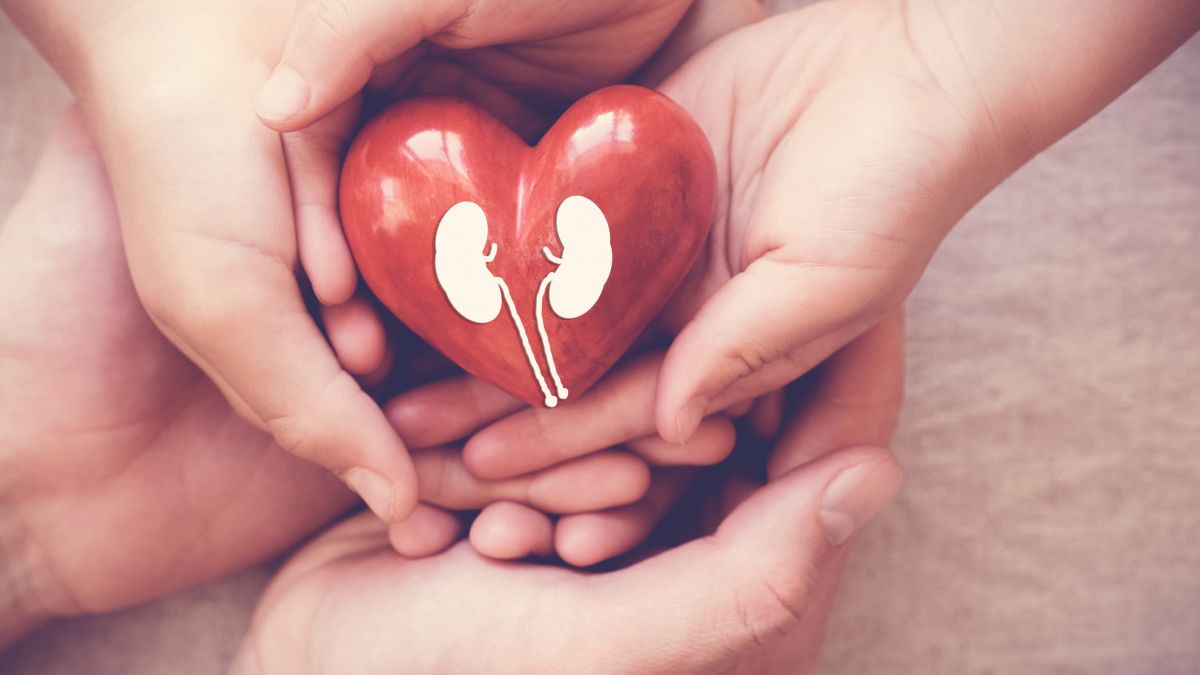
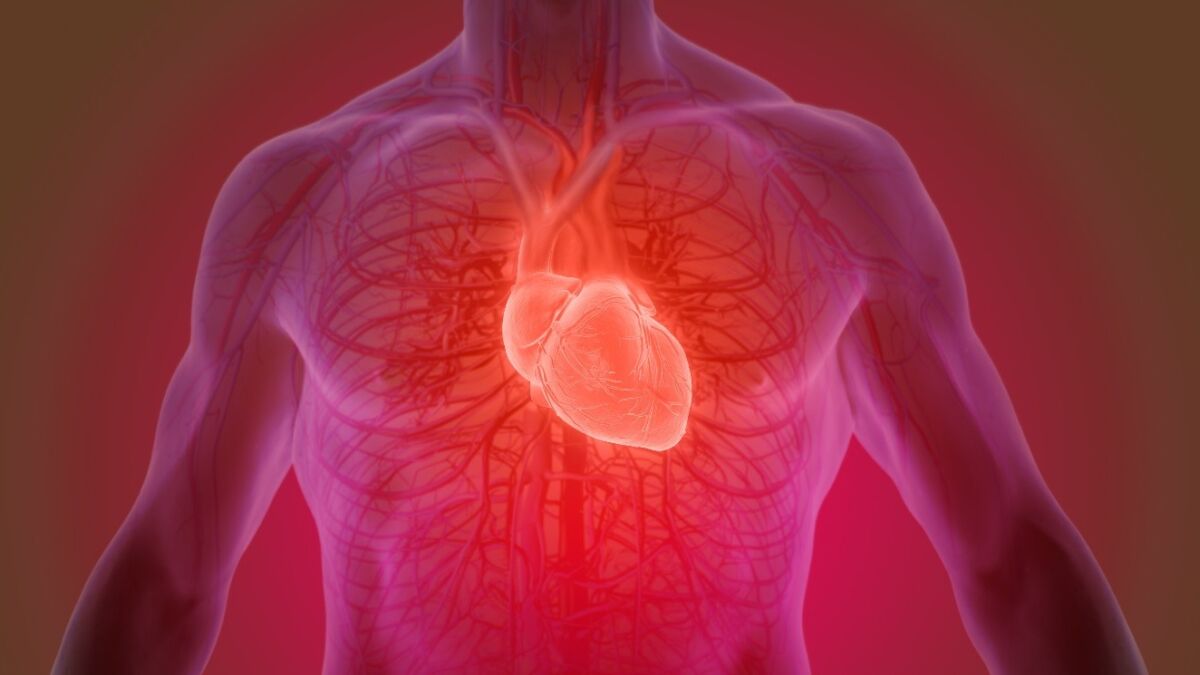
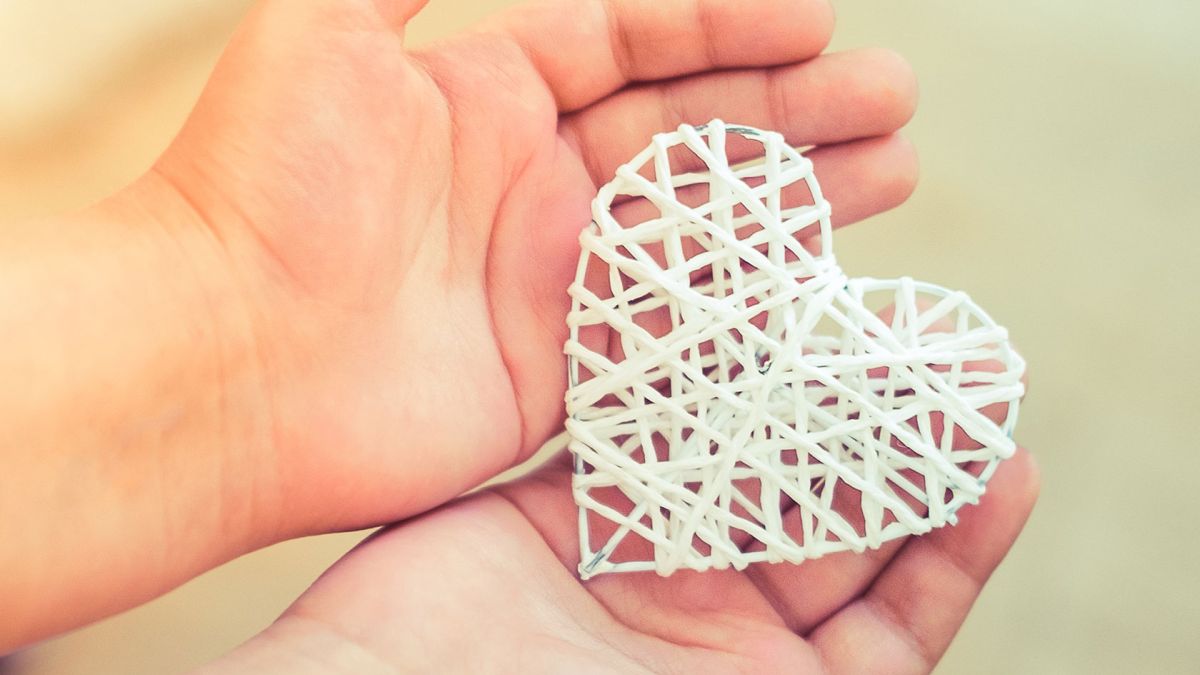


-7abbbb2796.jpg)

